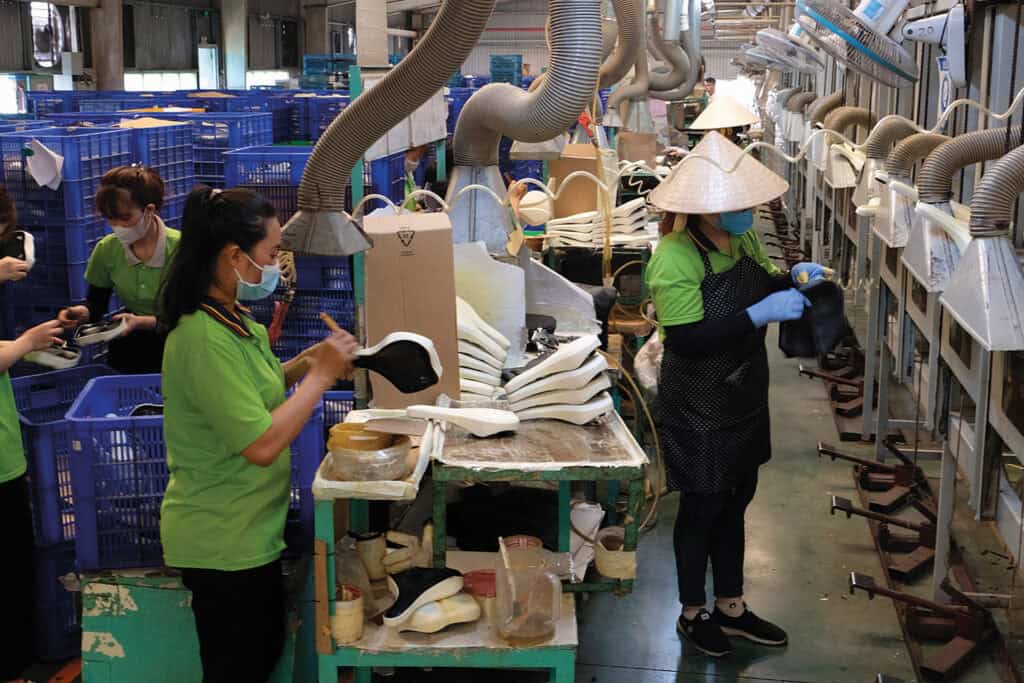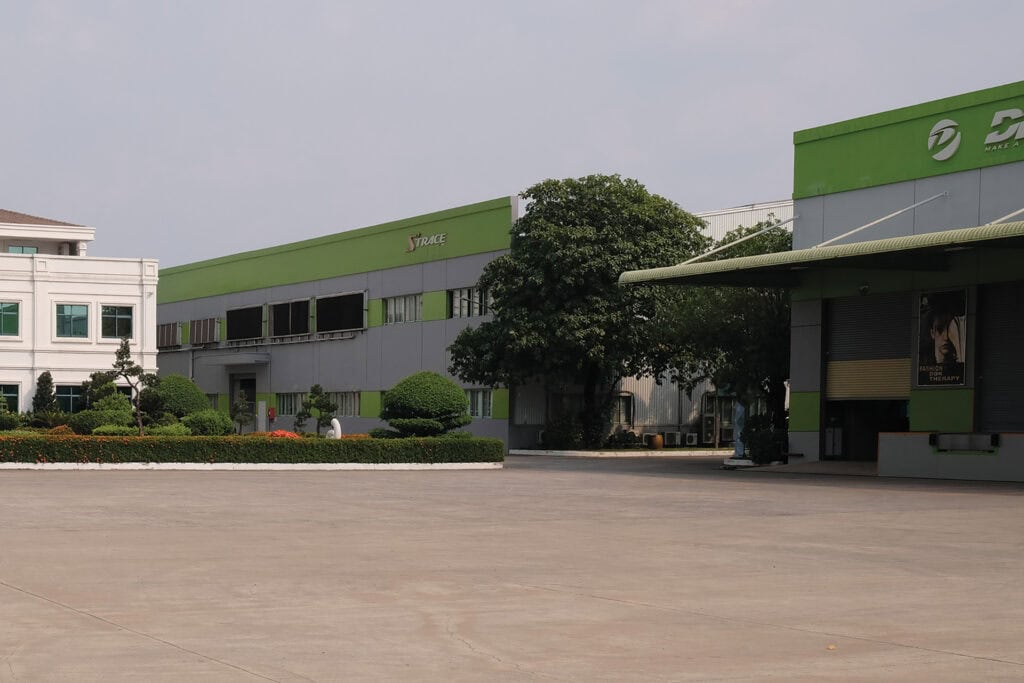Founded in 1970, DDK Group is a veteran manufacturer in Taiwan’s bicycle industry. It was also one of the first to invest and produce in Vietnam in a bid to keep supply chains short. The Show Daily was on-site in Vietnam to visit the DDK Vietnam factory.

At first the DDK Group gained a reputation for its motorbike and scooter seats, but in the 80s the focus changed to bicycle saddles, saddle covers and grips. The company also produces 25,000 seat posts per month and branched into the production of hubs through the acquisition of Wang Sheng and its brand Wheel Mate in 2018. While 30 percent of the turnover results from selling goods under its own brand, the DDK Group is heavily reliant on its OE business, which accounts for the other 70 percent of its turnover. As a supplier, the company aims to put its factories close to assembly plants of key customers, with factories in China, Cambodia and Romania. And for the same reason the company decided to invest in Vietnam as early as 1999.
DDK Group: The biggest manufacturer of bicycle saddles in the world
Construction on DDK Group’s original plant started in June 2000, but conditions soured in 2006 when the EU slapped antidumping tariffs on Vietnam-made bicycles for five years. Things got even worse in the spring of 2014 when anti-Chinese protesters in Vietnam attacked factories they thought to be Chinese owned and torched some investments of Taiwanese companies as well. Amongst those affected was the DDK Group that has rebuilt its factory in Vietnam’s Binh Duong province to become the biggest manufacturer of bicycle saddles in the world – partly thanks to the optimized layout of the new factory. The entire plot of land measures over 70,000 square meters. Apart from the office building, there are six factory halls with two floors each and plenty of solar panels installed on the roofs in a bid for more eco-friendly production.

Steps towards a more automated production
A strong emphasis is put on in-house production as this allows for end-to-end quality control. The raw materials such as steel wire, aluminum profiles and various composites are checked and prepared in the first hall, with the second hall offering space for molding and tooling machinery and the third hall being reserved for semi-production steps. The actual assembly of saddles and other parts happens in hall 4, packaging in hall 5 and hall 6 serves as the warehouse for finished and outgoing goods. While the amount of human labor is still pretty high due to its relative affordability, some steps towards a more automated production could be seen at DDK Group’s Vietnam factory as well. One robot is being used to weld the clamping heads to the seat post tubes and another to spray-paint the rails of saddles.


